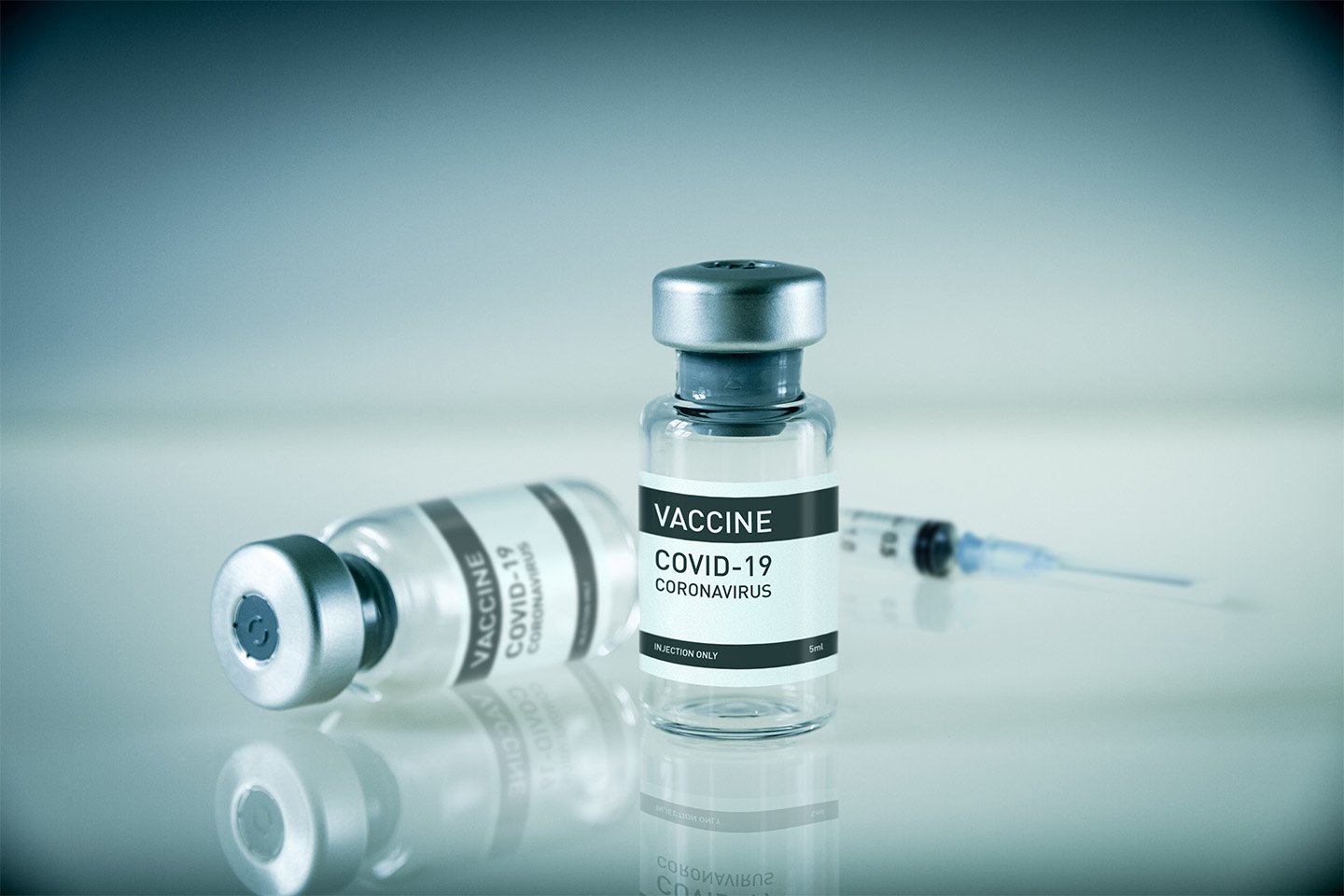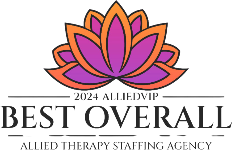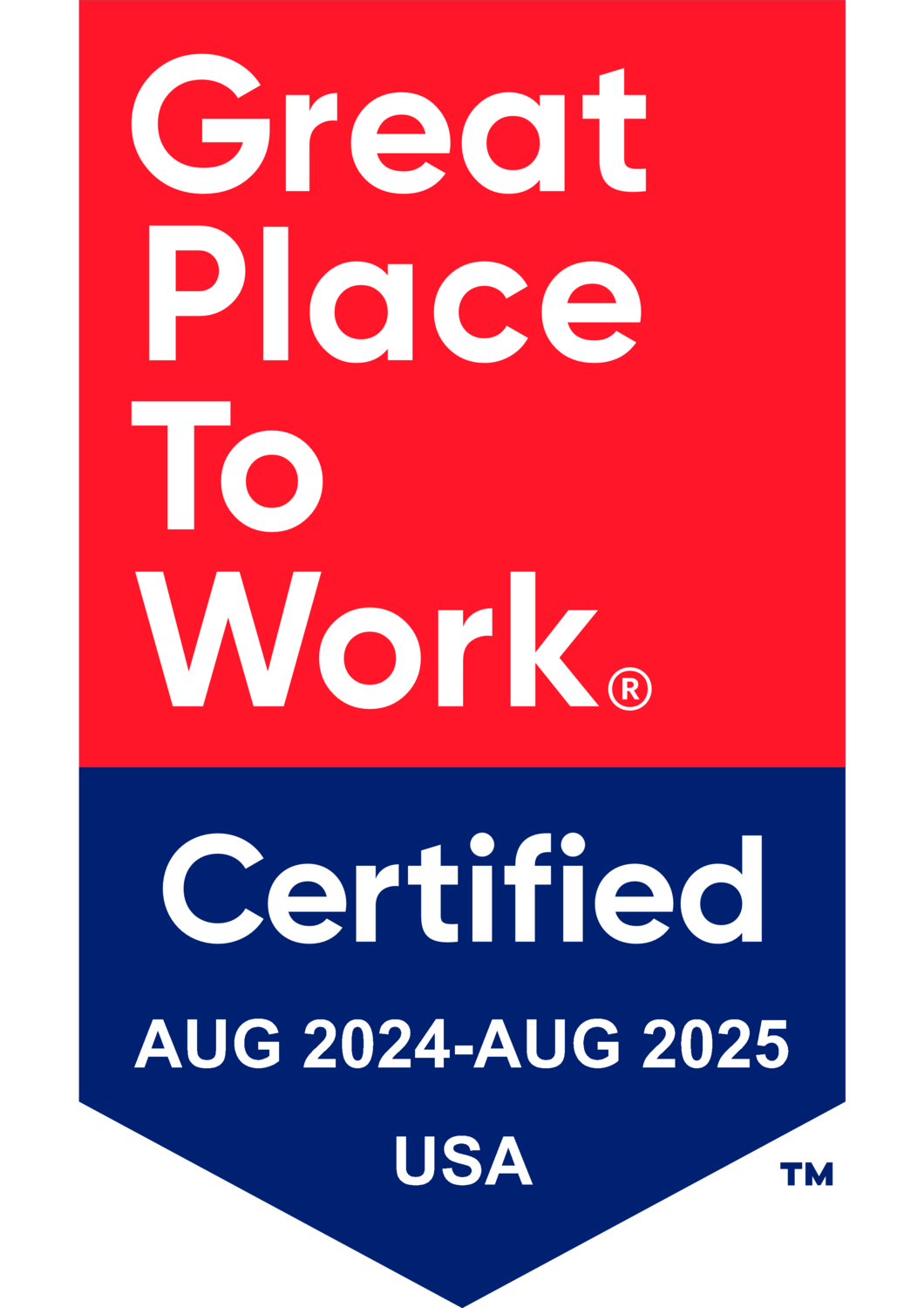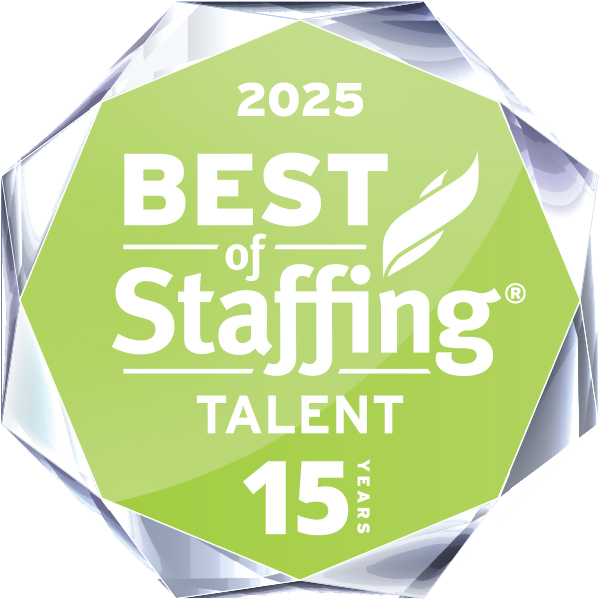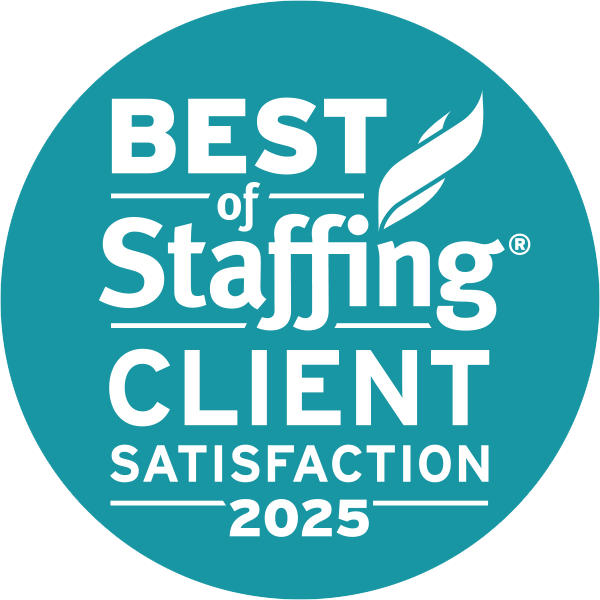
Healthcare Professionals: Are You Taking Care of Your COVID-19 Mental Health Needs?
There is an old cliché that says something along the lines of you not being able to fix others until you’ve fixed yourself. As a healthcare professional, this can be a hard truth to swallow, especially since your passion in life, likely both on the job and off, is helping others. When it comes to the COVID-19 pandemic, however, its negative effects have impacted us all. Our schedules and routines have been turned upside down, we feel further isolated from our friends and loved ones with each passing week, and polar differences in opinions about the virus and how it should be addressed have led to fierce disagreements and sometimes outright violence in the streets. It’s no wonder that depression and anxiety have skyrocketed in recent months.
As much as you may wish it not to be the case, healthcare providers are not immune to these stressors. In fact, often your stress is now two-fold, as you worry about the health, safety and wellbeing of your patients and coworkers on the job, and the health, safety and wellbeing of your loved ones off the job. Yes, it’s your job and it’s likely also in your nature, and there is nothing wrong with taking extra care to ensure those around you are doing okay, whether or not they have been directly impacted by the virus. There is however, one very important person you may have forgotten to check on lately: you.
Reports from healthcare facilities nationwide have indicated that COVID-19 has impacted their healthcare staff in numerous ways. One hospital system in the Midwest found that 40 percent of their healthcare workers had experienced COVID-19 induced mental health issues, including increased anxiety, depression, family conflict, irritability, exhaustion, trouble eating and sleeping, and increased substance use since the pandemic began. If you find yourself among the many healthcare providers dealing with issues such as these, there are a number of ways you can address them by incorporating some simple self-care techniques into your daily life.
- Try Mediation to Shift Your Focus Away From COVID-19 Meditation means many different things to many different people, but the end goal is usually to clear your mind and redirect negative thoughts by shifting your perspective to achieve emotional calmness and stability. It may include lying comfortably in a quiet place repeating a mantra or sitting outdoors focusing on the sights and sounds of the nature around you. If you are unsure of how to go about giving meditation a try, consider a guided meditation community like Headspace, which is currently offering free membership to healthcare providers through at least the end of 2020.
- Turn Off Your Devices for a Few Hours Daily if Possible Headline news and social media are great ways to stay informed and keep up with friends and family but try to allow yourself some time away each day. Turn off your devices and read a book, go for a walk out in nature or relax in a luxurious bubble bath with a soothing candle. Instead of commenting on a Facebook post, why not give someone an actual phone call? Or better yet, purchase some stationery or greeting cards and write a few quick, thoughtful words to that friend or loved one you haven’t been able to see for months.
- Start a Support Group Among Friends or Coworkers One way to cope with an unpleasant situation is to talk about it with others who are going through the same thing. Start a Facebook group and invite coworkers or colleagues you trust to join and share their feelings about how the pandemic is affecting them. Initiate a group text chat with select family members or friends that let you all check in on each other to make sure everyone’s okay. These are great ways for you to both offer and also receive emotional support, as long as you remember to take off your caregiver hat when you need it.
- Don’t Forget the Importance of Exercise The pandemic saw gyms and fitness centers close by the thousands for safety reasons in its first months, and though most of them have since reopened, many people are reluctant to return until the virus is better contained. Don’t let that stop you from getting at least 30 minutes of exercise per day. The benefits to your mental health are very real and just as important as the benefits to your physical health. Go for a walk or bike ride, dance around to your favorite 80s club music or roll out a yoga mat in your back yard if you aren’t comfortable returning to the gym.
Follow Us

Business Address
Cross Country Healthcare
6551 Park of Commerce Blvd.
Boca Raton FL 33487
Local:(561) 998 - 2232
Toll Free:(800) 347 - 2264
Sales:(800) 876 - 7828
Business Hours
Monday - Friday: 9:00 AM - 10:00 PM EST
© 2025 Cross Country Healthcare | All Rights Reserved | Privacy Policy
